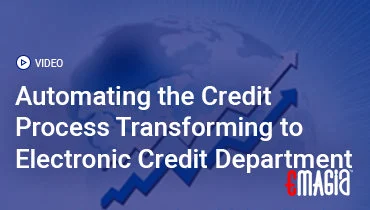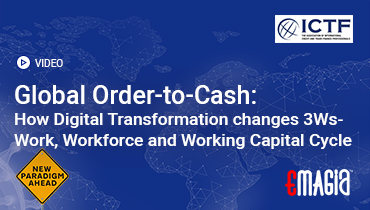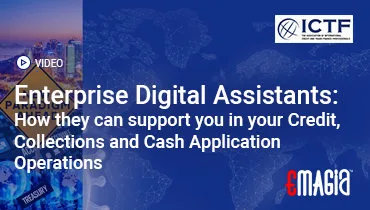Introduction to Credit Database
A credit database is a centralized system that stores detailed credit information about individuals and businesses. It plays a critical role in the financial ecosystem by helping lenders make informed decisions and allowing borrowers to build a credible financial profile.
What Is a Credit Database?
Credit databases are maintained by credit bureaus and include essential financial records like loans, credit cards, payment history, and public financial behaviors. These databases are instrumental for creating credit scores and profiles used by lenders.
Key Players in Credit Databases
Equifax, Experian, and TransUnion
These three credit bureaus are the primary providers of consumer credit data in the United States. They compile, analyze, and provide access to credit information through various products and services.
Global and Specialized Credit Databases
Organizations like Dun & Bradstreet handle business credit information, while others like TransUnion CIBIL manage data in specific countries such as India. The Public Credit Registry is another government-backed example that aims to unify borrower information.
Specialized Registries
Some institutions specialize in specific financial behaviors. For example, ChexSystems monitors bank account usage, while mortgage-focused data providers serve real estate finance sectors.
How Credit Databases Collect and Manage Data
Data is sourced from lenders, utility companies, telecom providers, and public records. Credit reporting formats like Metro 2 ensure standardized submissions to credit bureaus for reliable database updates.
What Data Is in a Credit Database?
Common entries in a credit file consist of details about accounts, outstanding balances, repayment history, negative items, and occasionally, alternative data such as rent and utility payments.
Uses of Credit Databases
For Lenders and Financial Institutions
Credit databases help assess borrower risk, detect fraud, and automate lending decisions.
For Consumers
People have the ability to access their credit reports, gain insights into their credit status, and challenge any incorrect information they find.
For Researchers and Policymakers
Aggregated credit data is useful in tracking economic trends and creating financial inclusion policies.
For Emerging Markets
Incorporating alternative data allows underserved populations to gain credit visibility, promoting broader financial access.
Alternative Credit Database and Alternative Data
Alternative databases include information not traditionally considered by mainstream lenders, such as rental payments and gig economy earnings. These broaden the scope of credit assessment and can improve access for new borrowers.
Credit Database vs Credit Bureau vs Credit Registry
While these terms are related, they differ in function. Credit bureaus operate databases, registries are typically government-run repositories, and the database refers to the storage system itself.
Credit Database Security and Privacy Concerns
With data breaches posing significant threats, credit databases must be safeguarded by robust encryption, consumer consent mechanisms, and compliance with privacy laws like FCRA and GDPR.
How to Access and Interpret Your Credit Database
Consumers can request reports from official sources like AnnualCreditReport.com. These reports include credit accounts, payment history, inquiries, and more. Reviewing this data helps manage credit health.
Improving Your Standing in a Credit Database
Maintaining timely payments, managing debt responsibly, and adding alternative credit history can enhance your credit profile over time.
Future of Credit Databases
Technological advancements are transforming credit databases. AI and big data analytics are improving risk predictions, while blockchain is being explored to enhance data transparency and security.
How Emagia Empowers Businesses with Intelligent Credit Database Solutions
Emagia provides advanced tools for integrating, analyzing, and managing credit database information. With AI-powered credit decisioning, Emagia helps businesses automate risk assessment, streamline approvals, and improve overall financial performance. The platform also ensures compliance with regulatory standards and offers customizable dashboards for actionable insights.
Frequently Asked Questions (FAQs)
What is a credit database?
A credit database is a system that stores credit-related information for individuals or businesses to help evaluate financial trustworthiness.
How do credit databases differ from credit bureaus?
A credit bureau operates a credit database, but not all databases are managed by bureaus. Some are government-run or sector-specific.
What are alternative credit databases?
These are databases that include non-traditional financial data such as rent, utilities, or subscription payments.
How can I access my credit database record?
You can request a credit report from official portals like AnnualCreditReport.com or from local providers like CIBIL.
Can I add rent/utilities to improve my credit database?
Yes, some services allow consumers to report rent and utility payments to credit bureaus to improve their credit profile.
Are credit databases secure?
Most are secured using encryption and access control, but risks remain. Compliance with privacy laws is critical for protection.
How does Emagia integrate with credit databases?
Emagia uses APIs and intelligent workflows to connect with credit data sources, enabling real-time analysis and decision automation.



